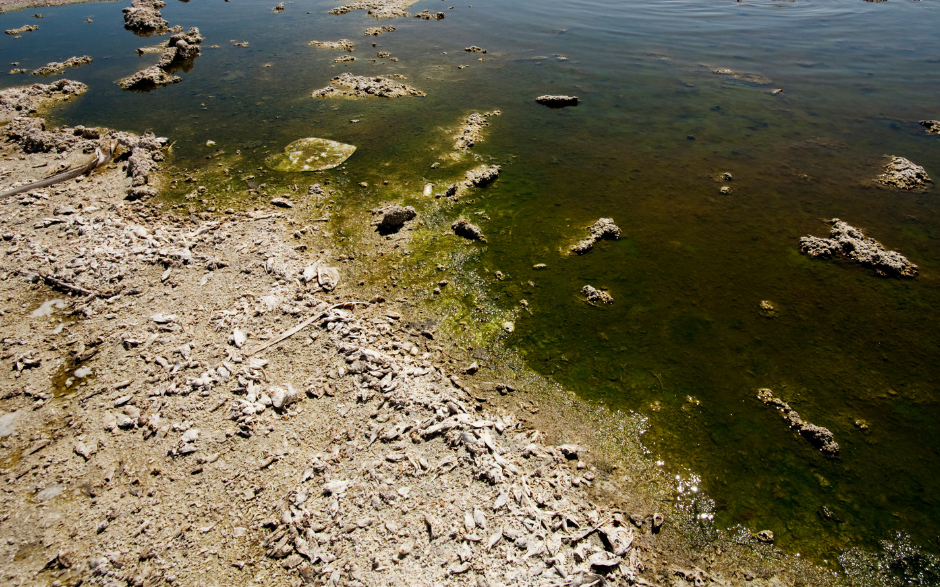What Causes Land & Water Contamination & How Can we Prevent it?
Contamination is the condition of land or water where any chemical substance or waste has been added at above acceptable background levels and represents, or potentially represents, an adverse health or environmental and ecological impact.
Causes of soil and water contamination:
Petroleum Refineries - Some refineries use deep-injection wells to dispose of wastewater generated inside the plants, and some of these wastes end up in aquifers and groundwater.
Oil Spills - Oil spills may be due to releases of crude oil from tankers, drilling rigs and wells, offshore platforms, as well as spills of refined petroleum products such as gasoline and diesel
Agriculture - Use of pesticides and fertilizers to treat crops can contaminate soil and eventually the groundwater.
Industrial - To meet the demand of the expanding population, more industries have to be developed, which lead to deforestation.
Landfills and illegal dumping of waste - poisonous vapors as well as other toxic materials may pollute the groundwater by percolating into the groundwater table.
Urbanization and construction - the surface water runoff and the groundwater close to a construction site can become polluted with various materials used on the construction site.
Useful ways to Prevent contamination:
Chemical handling and storage - Store hazardous materials including fuel, oils and chemicals, in correctly segregated, covered areas so that accidental spills cannot reach stormwater drains or soil. Be sure that all containers have their lids on, are in good condition and are clearly labelled
Chemical spills - Train staff to take extra precautions when handling hazardous liquids, create an emergency spill response procedure in the event of a chemical spills, keep spill clean-up equipment and material in a useful, easy to find area, clearly labelled and ready for use.
Building and site management - Obtain all required permits and licenses, and maintain compliance with their conditions, keep your premises and grounds free from litter and waste materials, ensure drains and collection pits are clear of debris, train staff and display signage about the hazards of chemical use.
Waste management - Ensure your wastes are stored in proper containers, labeled properly and sent to proper facilities.
Building and site management - Obtain all required permits and licenses, develop and implement Stormwater Pollution Prevention Plans (SWPPPs) and Spill Prevention Countermeasures and Control (SPCC) Plans, and maintain compliance with their conditions, keep your premises and grounds free from litter and waste materials, ensure drains and collection pits are clear of debris, train staff and display signage about the hazards of chemical use.
Did you know?
Land contamination can devalue your property, surrounding properties and risk your health and the health of others near your property. Take appropriate action when committing to any activities that could cause contamination risking prosecution and expensive clean up costs.

